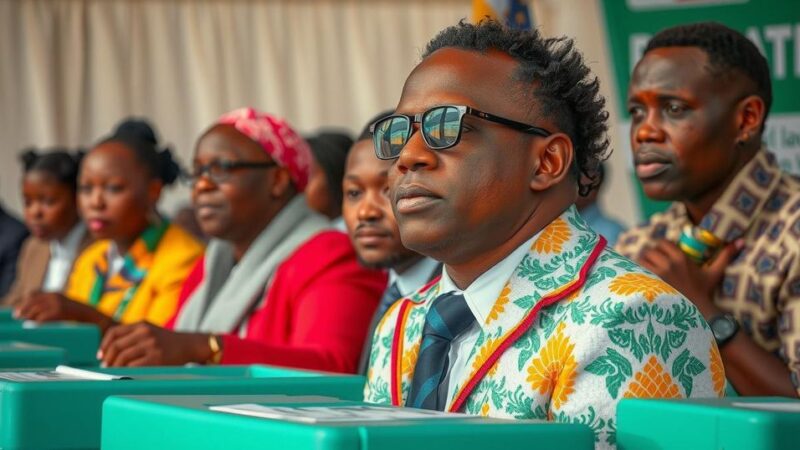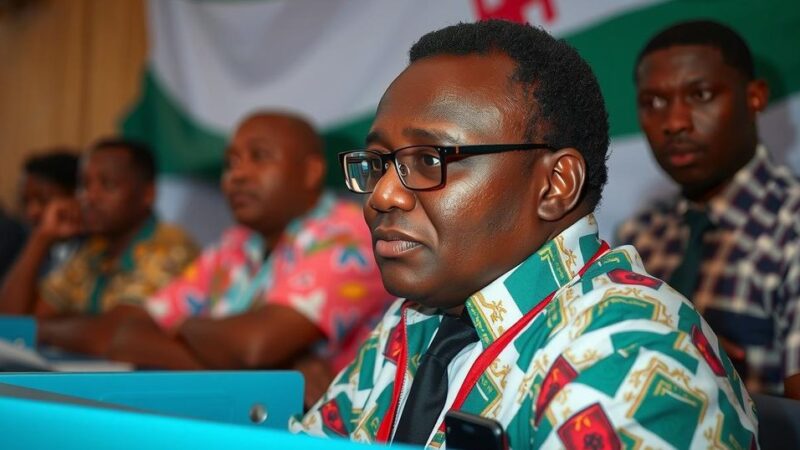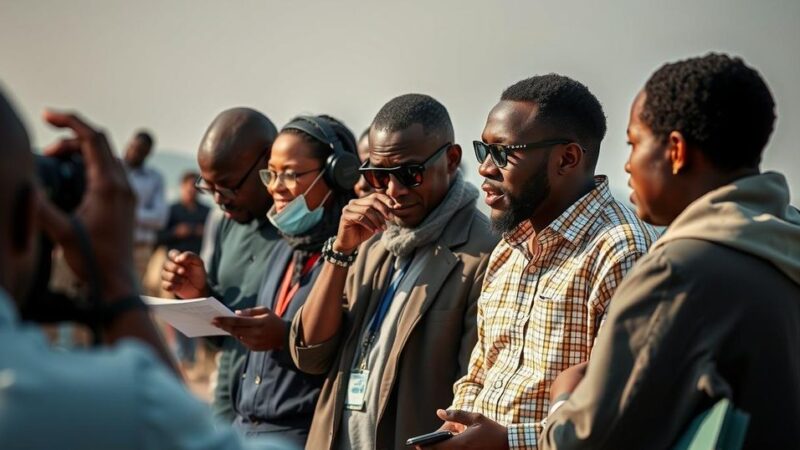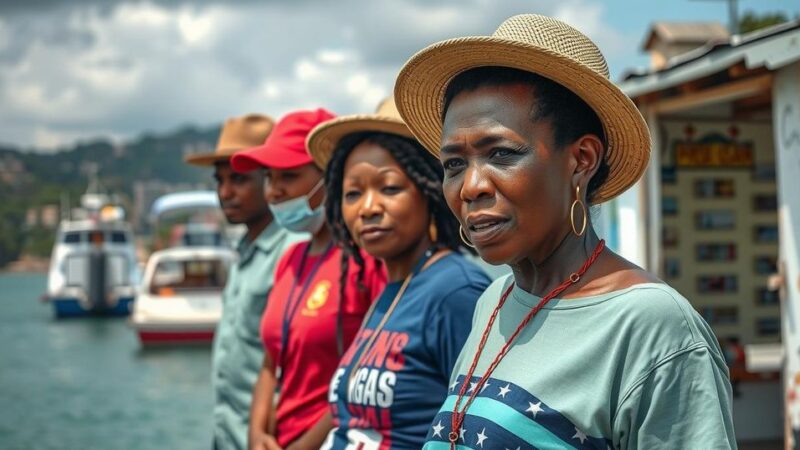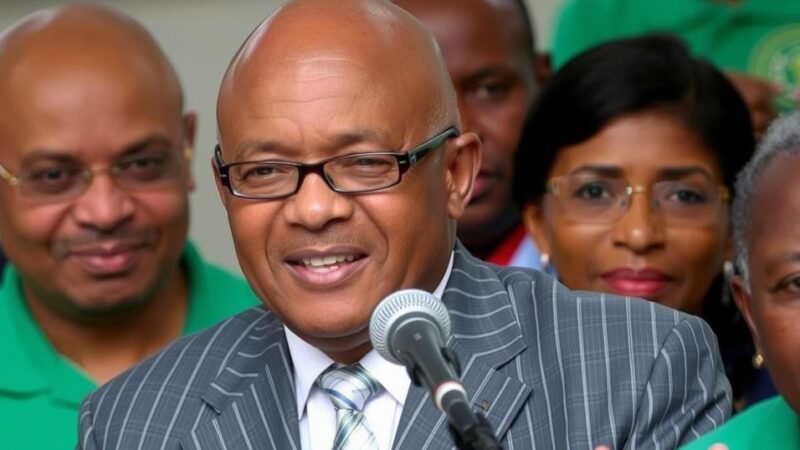Mozambican elections are expected to reaffirm Frelimo’s dominance, despite rising youth dissatisfaction and the independent candidacy of Venâncio Mondlane. The ruling party faces challenges from a discontented populace, yet systemic obstacles likely inhibit any substantial change in power.
Mozambicans are scheduled to cast their votes on Wednesday in an election that is widely anticipated to favor the ruling Frelimo party. Despite a significant portion of the electorate, particularly the youth demographic, expressing dissatisfaction with the current political climate, the Frelimo party is projected to maintain its dominance. This election is notable as it features Daniel Chapo, a provincial governor born after Mozambique’s independence, as the ruling party’s presidential candidate, thus marking a generational shift in leadership. The political landscape in Mozambique remains historically polarized, dominated by the long-standing rivalry between Frelimo and its traditional adversary, the Renamo party. However, the emergence of Venâncio Mondlane as an independent candidate after leaving Renamo has begun to resonate with younger voters, offering them an alternative choice in a country where the median age is merely 17. Mondlane’s engaging rallies and focus on social media outreach have energized the electoral scene, yet challenges persist. Analysts remain skeptical regarding the election’s integrity, suggesting that Frelimo’s calculated measures have rendered meaningful participation by opposition parties virtually impossible. As a consequence of the systematic hindrance towards opponent campaigning and voter registration, experts do not foresee significant changes in the electoral outcome. The 2019 election resulted in President Filipe Nyusi securing 73% of the vote, while Renamo’s candidate obtained only 22%. With Frelimo’s historical use of political maneuvers to suppress dissent, the outlook for this election remains grim for those seeking change. The socio-economic turmoil, exacerbated by the revelation of widespread corruption and a persistent insurgency in Cabo Delgado, has left the youth disillusioned, yet it is unclear if their dissatisfaction will translate into tangible electoral gains for Mondlane or others seeking to dismantle Frelimo’s longstanding rule. Overall, while the youth’s enthusiasm for change represents a critical pivot in Mozambican politics, the structural barriers erected by the ruling party may ultimately thwart any significant shift in power.
Since gaining independence from Portuguese colonial rule in 1975, Frelimo has been the ruling party in Mozambique. Its lengthy governance has been characterized by political suppression and a lack of genuine electoral competition, particularly against its historical rival, Renamo. The recent candidacy of Daniel Chapo indicates a new era of leadership within Frelimo, though the election landscape remains staunchly uneven. Significant dissatisfaction among the youth, stemming from economic struggles and government corruption, reflects a growing demand for reform amid fears that electoral integrity is compromised by the ruling party, as seen in the allegations of voter registration fraud and the systematic hindrance of opposition parties. The once-dominant Renamo has lost its centrality in Mozambican politics, and the emergence of independent candidates might disrupt traditional voting patterns, although this potential seems limited by Frelimo’s obstinacy in power retention.
In conclusion, the forthcoming elections in Mozambique are poised to highlight the persistent dominance of the Frelimo party amid a backdrop of youthful dissatisfaction and emerging independent candidacies. While the vibrancy and potential of candidates like Venâncio Mondlane offer a glimmer of hope for political change, the entrenched authoritarian practices and structural inequalities threaten to stifle true democratic engagement. As the youth of Mozambique yearn for transformation, it remains to be seen whether their voices will translate into electoral power capable of challenging Frelimo’s longstanding rule.
Original Source: www.theguardian.com


